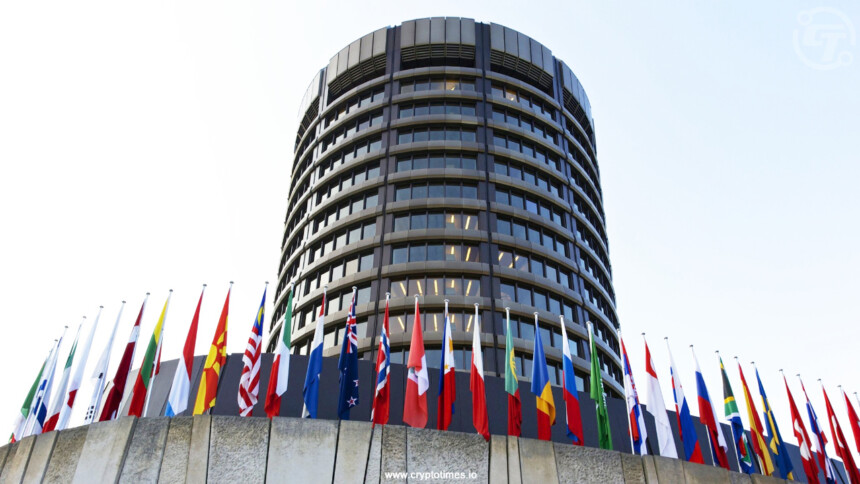The Basel Committee of Banking Supervision (BCBS), which sets global banking standards, has 45 member nations including India.
The intersection of cryptocurrencies and traditional banking systems is still evolving, marked by a significant gap in integration between these two sectors. Recognizing the need to bridge this divide and enhance transparency, the Basel Committee of Banking Supervision (BCBS)—the global authority setting banking standards—has approved a pivotal new disclosure framework. This framework is designed to guide how banks should disclose their exposure to crypto assets, addressing the volatility and financial risks associated with these digital instruments.
The newly approved framework by the BCBS is aimed at fostering transparency and improving the management of risks related to crypto assets within the banking sector. By mandating detailed public disclosures of crypto engagements, the BCBS intends to ensure that banks maintain clear records of their interactions with these volatile assets. This move is part of a broader effort to mitigate potential financial instability that could arise from the integration of high-risk crypto assets into traditional banking operations.
The BCBS’s framework outlines several key requirements for banks, including the need to publicly disclose their crypto asset holdings and associated risks. This transparency is expected to support market discipline by providing stakeholders with comprehensive information about a bank’s exposure to crypto assets. Such disclosures are crucial for understanding the potential financial impact of these assets on banks and the broader financial system.

The BCBS has stated that the detailed framework will be officially published later this month, with an implementation date set for January 1, 2026. This timeline allows banks ample time to prepare for compliance with the new requirements and integrate the necessary processes for accurate and timely disclosures. The framework’s introduction marks a significant step towards greater accountability and risk management in the banking sector’s handling of crypto assets.
As global regulatory bodies continue to grapple with the integration of digital currencies into traditional finance, the BCBS’s new framework represents a critical development in ensuring that banks operate within a clear and regulated environment. The guidelines are expected to play a key role in shaping the future interactions between conventional banking institutions and the rapidly evolving crypto market.
In summary, the BCBS’s approval of the crypto asset disclosure framework underscores the importance of transparency and risk management in the financial sector. By establishing clear guidelines for how banks should report their crypto asset exposure, the BCBS aims to enhance market stability and protect the integrity of the banking system as it navigates the complexities of integrating digital currencies.
















